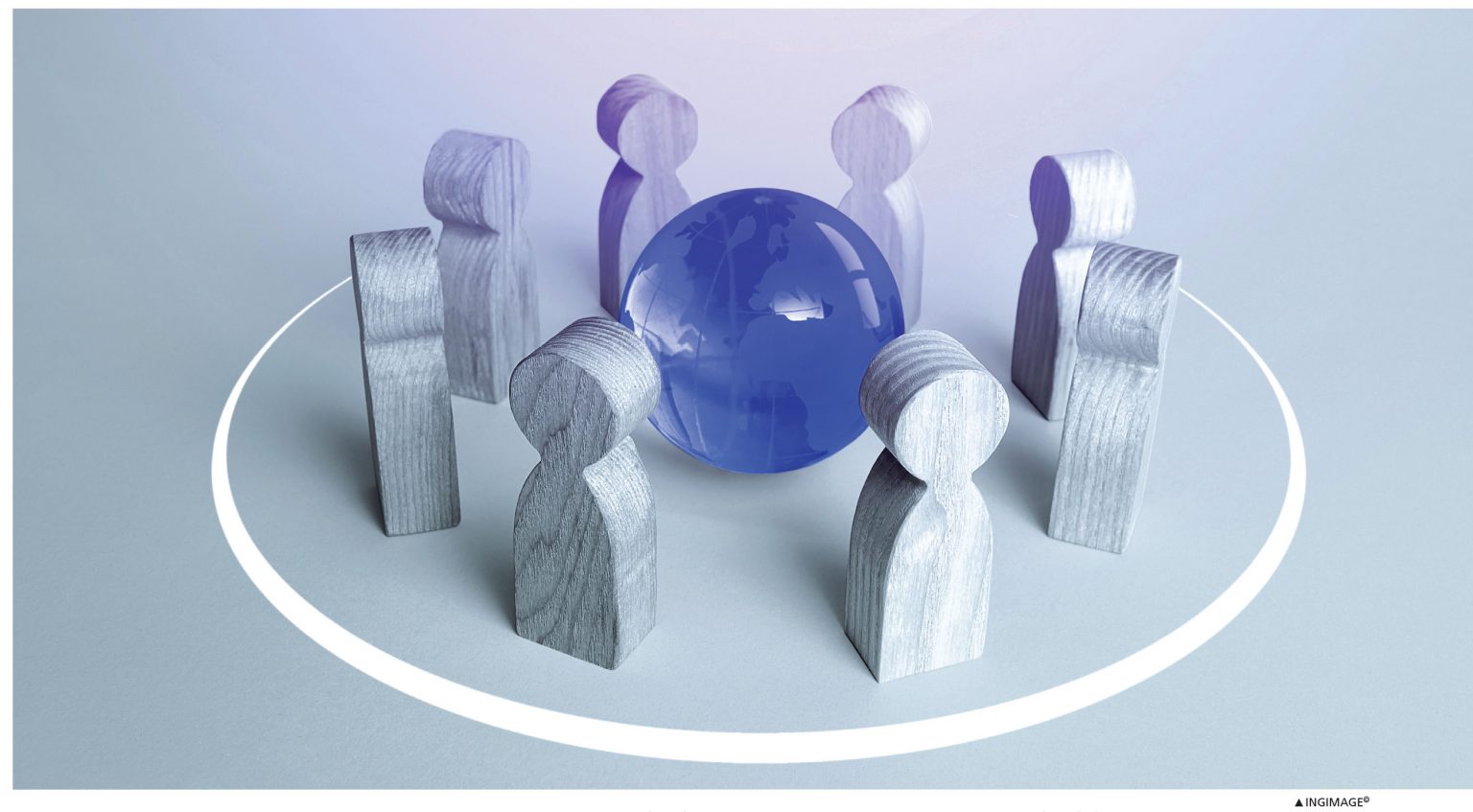
THE WAY FORWARD
Ruchi Gunewardene charts a way forward to regain Brand Sri Lanka
Brand Finance’s global perception research on Sri Lanka – which took a steep dive from being placed 73rd in 2022 to 115th in the latest Soft Power Index that was presented at a nation branding symposium in Colombo recently – identified the two main indicators that had the most dramatic impact on the country’s ranking.
The symposium organised by the Sri Lanka Institute of Marketing (SLIM) identified that ‘Governance’ and ‘Business & Trade’ were the primary indicators that negatively impacted the nation’s standing in relation to other countries on the index.
Therefore, Sri Lanka’s journey towards regaining a strong nation brand begins with improving the way the country is perceived externally – in other words, systematically building its reputation by focussing on these primary indicators.
This fact-based approach provides a direction to work towards so that Sri Lanka can be welcomed back into the highly competitive world order by building confidence to invest in, trade with and visit.
Of the studied attributes, Sri Lanka must focus on strengthening and stabilising the economy, making the country an easier place to do business with, ensuring political stability with consistent policies in place and being well governed by leaders who can be admired.
This would seem to be a challenging task given where the country is placed today. However, what’s required is delivering this message through an unbiased report to wider audiences who could in turn influence key stakeholders.
Building a nation brand is a long-term initiative that will take 20-25 years. As such, there is a need to align all policy makers and political parties irrespective of their ideologies to a long-term plan. The ultimate vision should be for Sri Lanka to be seen as a highly competitive nation that all countries want to engage with in the present world order.
The establishment of a national brand council that would be responsible for defining and setting up a framework for building the country’s brand would be a useful first step. This would ensure consistency and synergies in initiatives across the vital sectors of investment, exports and tourism – and even in international relations.

As the national body of marketing, SLIM is ideally placed to drive this agenda. However, considering the complexity of the task, it has been pointed out that the contribution and support of other chambers and business associations are vital in building momentum and impact.
While there are no quick fixes, Sri Lanka needs to establish consistent and comprehensive economic reforms that all political parties would broadly support, transforming it into a competitive place to do business and trade with in the global marketplace.
Countries that improved their rankings did so through reforms and enabling markets to work smoothly.
The diplomatic corps can also play an important role as it would be the primary contact of the country in the global context. Given this, competent and educated people should be manning these vital posts, as opposed to political henchman and their family members.
Building a nation brand is not only restricted to politicians as citizens can play a vital role – especially in welcoming tourists, which is a key economic pillar in regaining the national economy. The way ordinary people welcome tourists without harassment is a very simple change that can be brought about.
“Sri Lanka must focus on strengthening and stabilising the economy, making the country an easier place to do business with, ensuring political stability with consistent policies in place and being well governed by leaders who can be admired”
Engaging with these multiple stakeholders is a complex exercise for which there needs to be engagement, education (even at the school level) and discussion, using as many agencies and institutions as possible in a collaborative effort working towards a single goal – i.e. to make the country a preferred destination to invest in, trade with and visit.
The first tentative steps have been made to move away from being cared for by a welfare state but this needs to transform into that famous call from President John F. Kennedy who urged his people to “ask not what your country can do for you – ask what you can do for your country.”

